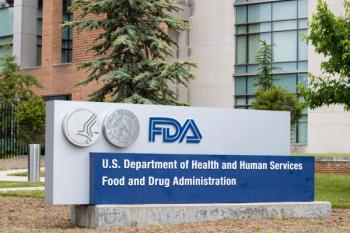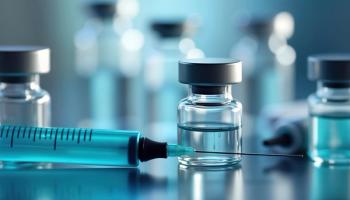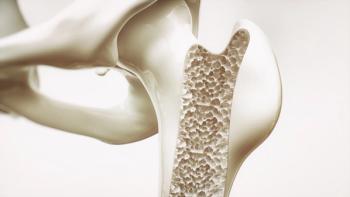
FDA Approves Fifth Set of Biosimilars of Prolia/Xgeva
Bildyos and Bilprevda have the same indications as the reference products Prolia and Xgeva and are expected to be available later this year.
The FDA has approved two biosimilars of Prolia and Xgeva developed by Organon and Shanghai Henlius Biotech. Bildyos (denosumab-nxxp) 60 mg and Bilprevda (denosumab-nxxp) 120 mg are injection products approved for the same indications as the reference products.
Bildyos is a RANK ligand (RANKL) inhibitor that references Prolia and is indicated for postmenopausal women with osteoporosis at high risk for fracture, to increase bone mass in men with osteoporosis at high risk for fracture, for the treatment of glucocorticoid-induced osteoporosis in men and women at high risk for fracture.
Bilprevda is a RANKL inhibitor that references Xgeva and is indicated for the prevention of skeletal-related events in certain patients with multiple myeloma and bone metastases from solid tumors, giant cell tumor of bone, and hypercalcemia of malignancy.
An Organon spokesperson said Bildyos and Bilprevda will be available in the United States later this year. The company has not yet released information on pricing of the two biosimilars, but the spokesperson said Organon will launch an “individualized patient support program to ensure more patients can benefit from these biosimilar options once they become available.”
“The FDA approvals of Bildyos and Bilprevda mark a significant step toward expanding access to critical bone care treatments needed by millions of people in the United States, including a growing aging population. Our goal with these biosimilars is to improve access and affordability across multiple therapeutic areas, including for osteoporosis, which disproportionately affects women,” Jon Martin, U.S. commercial lead, biosimilars and general medicines at Organon, said in a
Bildyos and Bilprevda were approved based on the review of a comprehensive data package, which included structural and functional analytical data, and clinical pharmacokinetic data, and a comparative clinical study demonstrating that they are highly similar to reference products in terms of safety, purity, and potency, safety and effectiveness.
Patients with kidney disease treated with Bildyos are at a greater risk of severe hypocalcemia, or low levels of calcium, which can result in hospitalization, life threatening events and even death. Additionally, hypersensitivity reaction, including anaphylaxis, may occur with the use of denosumab products.
In 2022, Henlius entered into a license and supply agreement with Organon, granting Organon the exclusive commercialization rights to several biosimilars, including Bildyos and Bilprevda.
Other Prolia and Xgeva biosimilars include:
- Sandoz’s Wyost and Jubbonti (denosumab-bddz) received FDA approval in March 2024 and launched in June 2025. Sandoz has priced both products at $26.74/mg. This is 7% lower than Xgeva and 14.5% lower than Prolia.
- Samsung Bioepis’ Ospomyv and Xbryk (denosumab-dssb) were approved in February 2025.
- Celltrion’s Stoboclo and Osenvelt (denosumab-bmwo) were approved on March 4, 2025 and launched in July 2025.
- Fresenius Kabi's Conexxence and Bomyntra (denosumab-bnht) received FDA approval in March 2025 and launched July 1, 2025.
Newsletter
Get the latest industry news, event updates, and more from Managed healthcare Executive.























